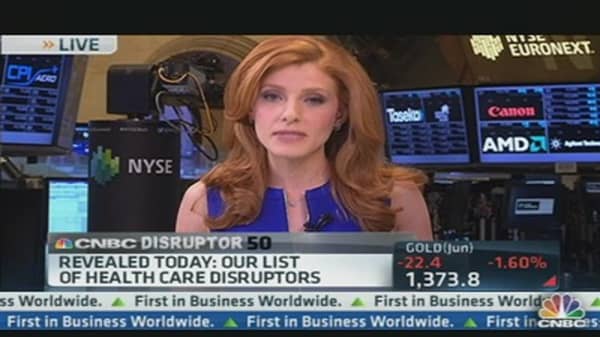What
Big data technology that can model individual health patterns and behavior by collecting data through a simple mobile phone app, and provide researchers, physicians and hospitals with a continuous Web-based data stream and new approach to analysis.
Disrupting
Traditional health care industry model with a proactive rather than reactive approach to patient care.














